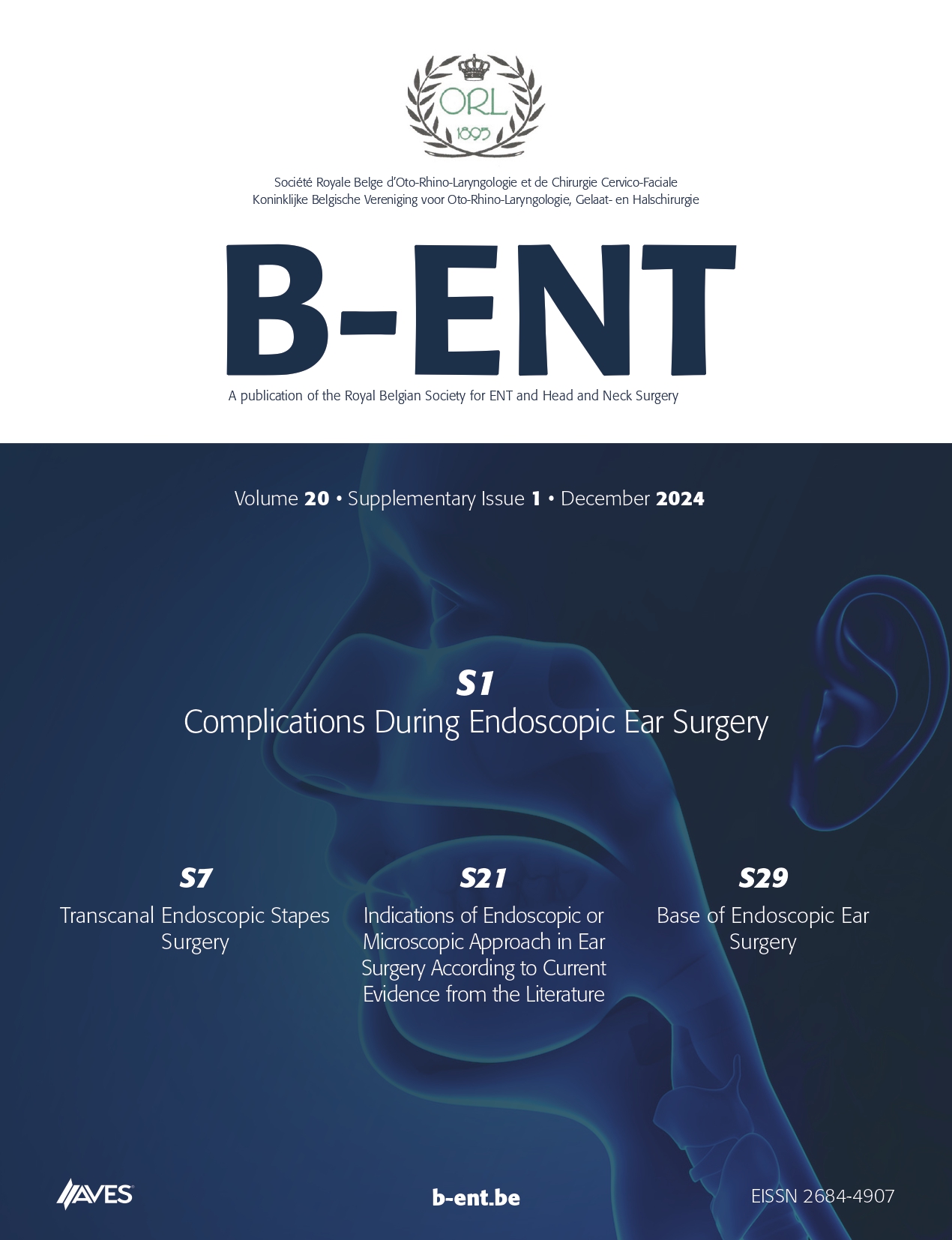Due to its high and increasing prevalence, its impact on quality of life, the association with multiple comorbidities and the considerable socio-economic burden, allergic rhinitis is a major respiratory disorder and represents a global health concern. The ARIA working group has proposed a new classification for allergic rhinitis into intermittent or persistent, based on the duration of symptoms. The severity of allergic rhinitis is graded according to the impact of the disease on the quality of life. The diagnosis of allergic rhinitis involves a thorough history and clinical examination. In patients suspected of having persistent AR a complete and systematic nasal examination is an absolute requirement. Anterior rhinoscopy provides limited information. Nasal endoscopy is more useful, not to confirm AR but in particular to exclude other conditions, such as polyps, foreign bodies, tumours and septal deformations. To confirm the allergic origin of rhinitis symptoms, allergy tests must be performed. The first choice test is the skin prick test. Patients with allergic rhinitis should be evaluated for asthma and patients with asthma should be evaluated for rhinitis. A stepwise therapeutic approach is recommended based on the duration and severity of disease. The treatment of allergic rhinitis consists of allergen avoidance, pharmacotherapy and immunotherapy.



.png)
